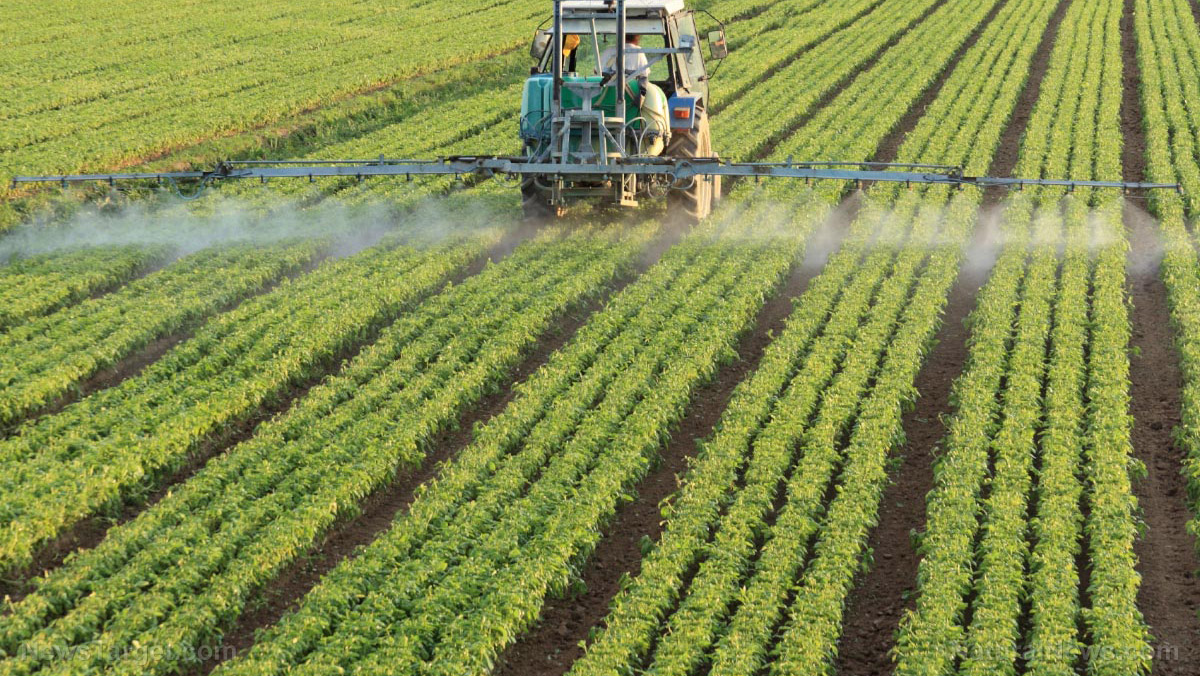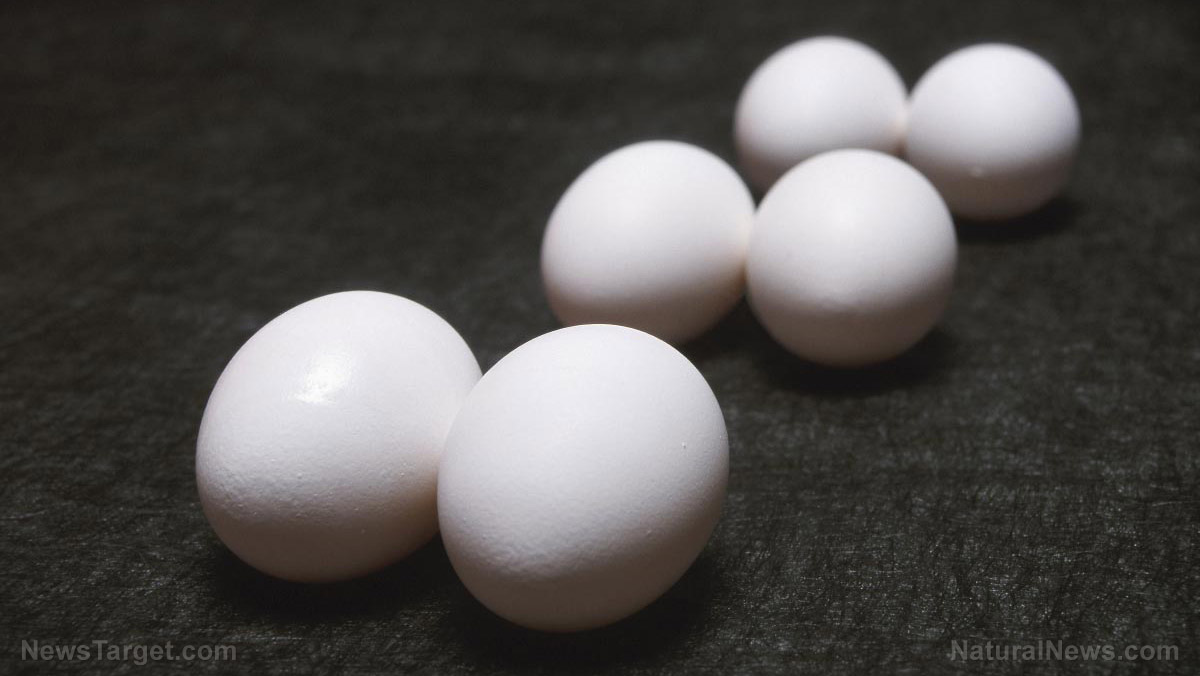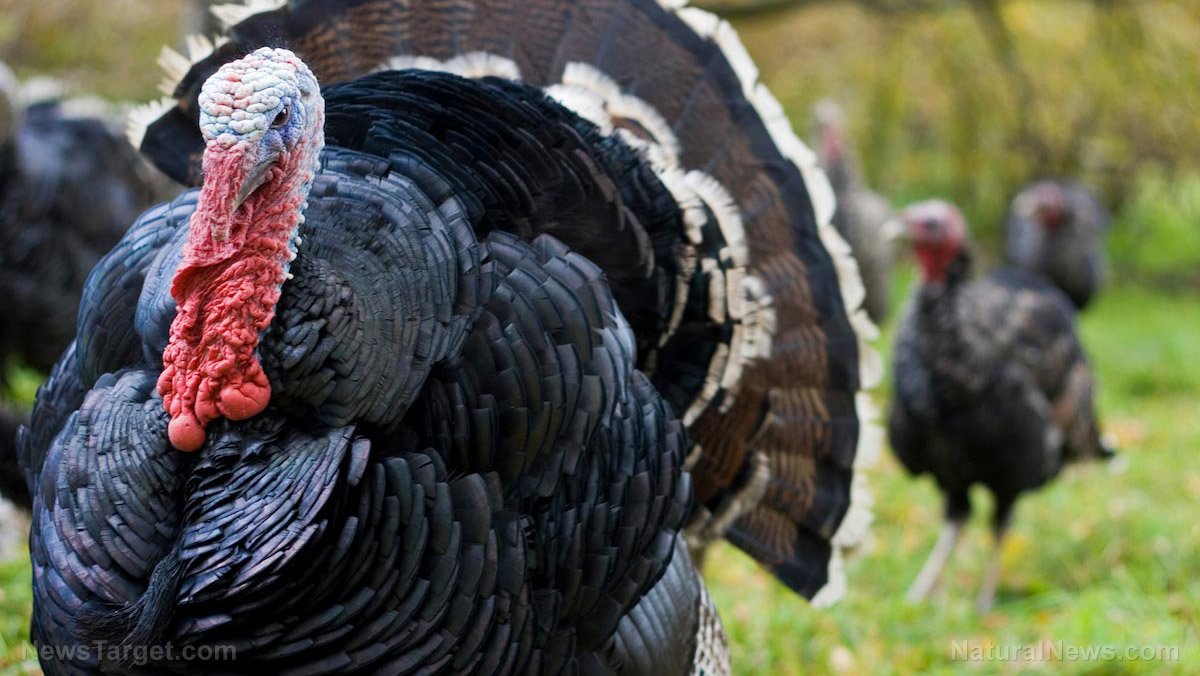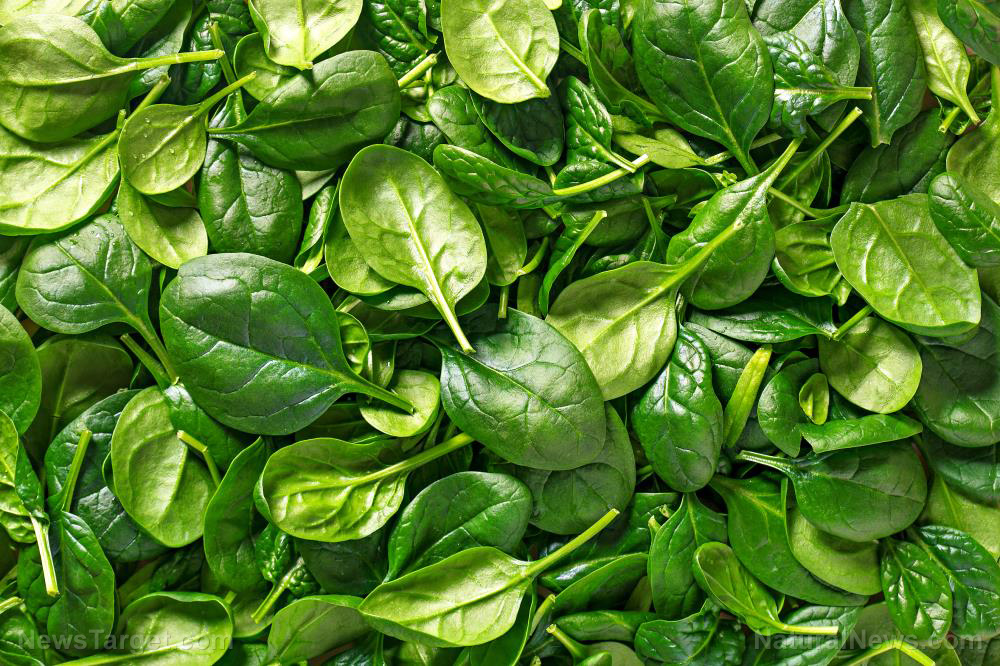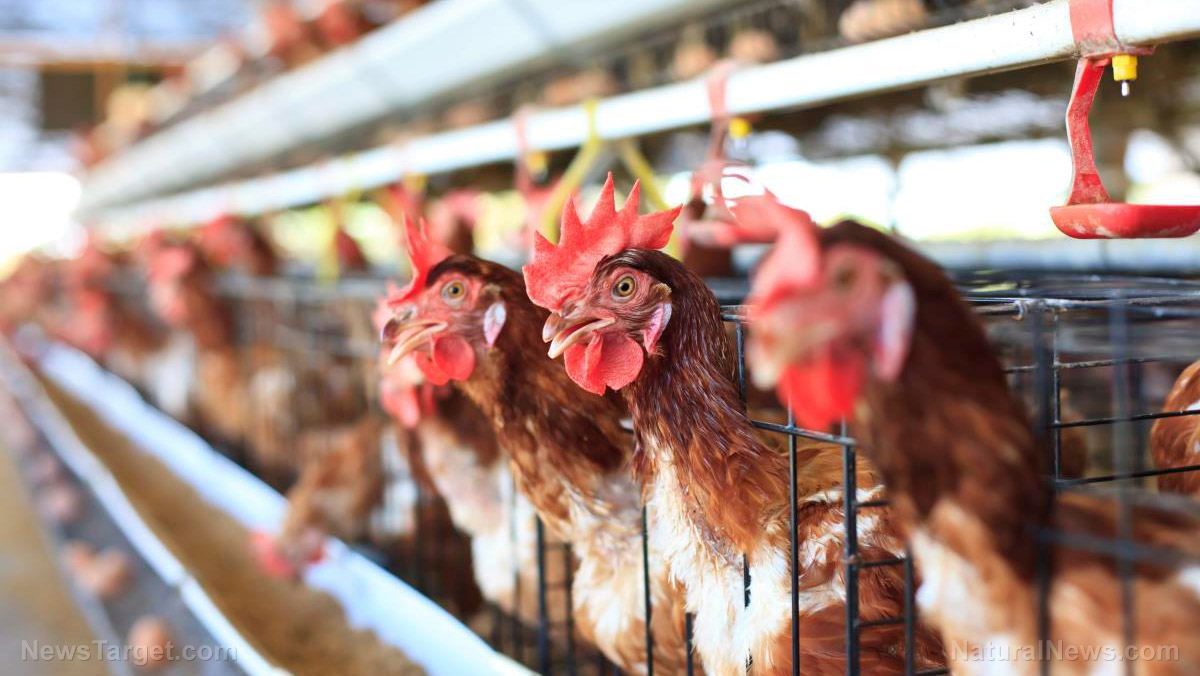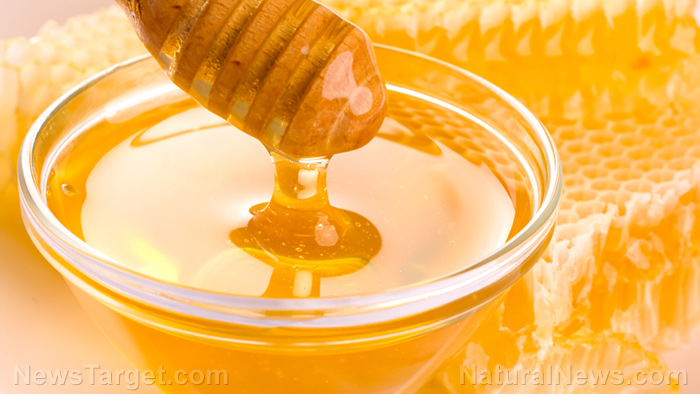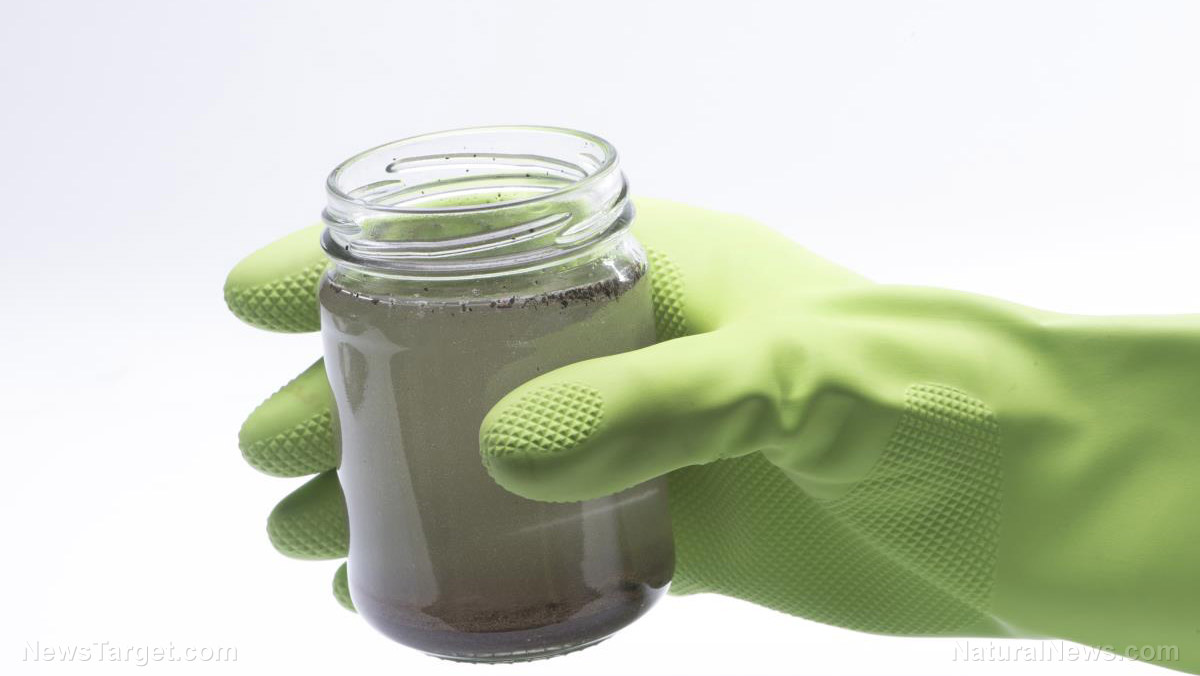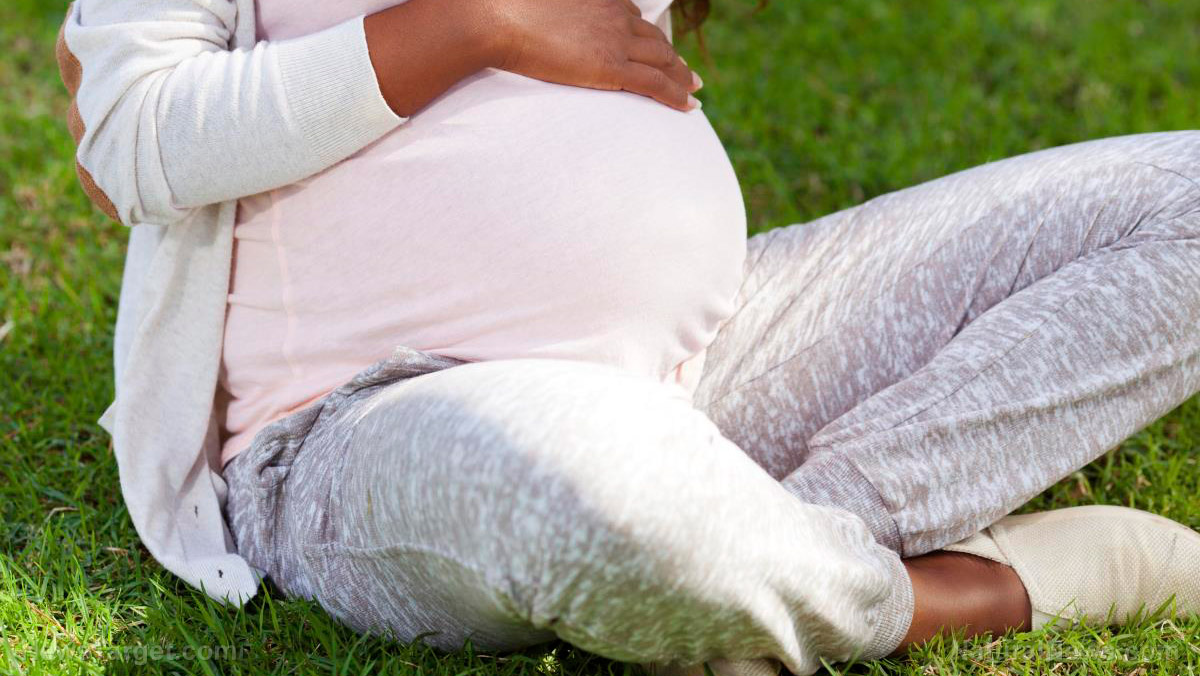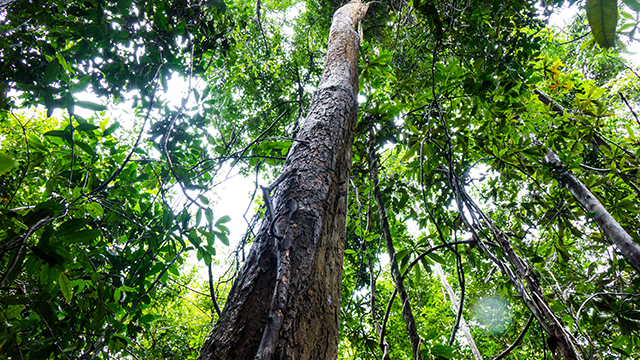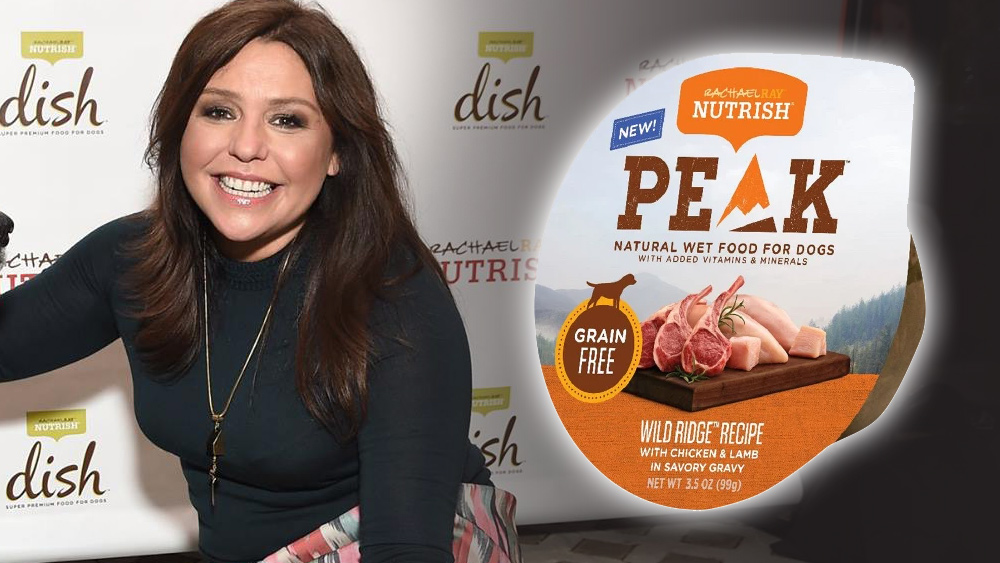Health Ranger: Why independent science TERRIFIES the food and supplement industries (but shouldn’t)
10/25/2017 / By Mike Adams
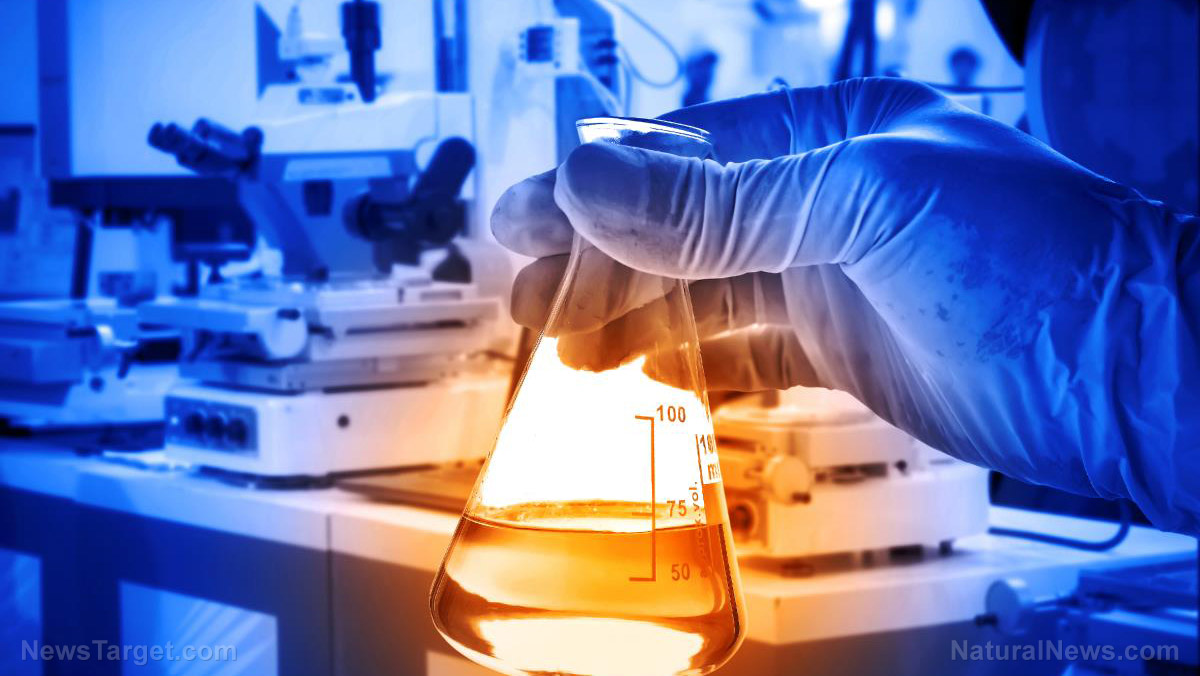
Over the last few years, Natural News has set something in motion that absolutely terrifies the food and supplement industries. What have we done that’s so frightening? We’ve started to use good science to analyze foods and supplements for heavy metals, pesticides, industrial chemicals and more.
We were instrumental in accelerating the independent food science movement in 2013, first exposing the toxic heavy metals (lead, cadmium, mercury) in organic rice protein products imported from China. Very quickly, the entire protein industry moved away from that contaminated rice material, vastly reducing toxic heavy metals exposure across tens of millions of consumers. That never would have happened without Natural News and my laboratory, CWC Labs.
In the years since, we’ve exposed the shockingly high level of lead in zeolite products, and we’re now publishing summary charts showing analyses of supplements, covering pesticides, pharmacological chemicals, heavy metals and much more. (See example report below.)
What you are witnessing in all this is the “democratization of science.” It is a decentralized revolution in food transparency, and the movement is rapidly proliferating. In addition to the Consumer Wellness Center (where I serve as the executive director) now analyzing and publishing food analysis results, another non-profit group called the Clean Label Project is also conducting laboratory analysis of products. The Organic Consumers Association, Cornucopia and the Environmental Working Group are also engaged in lab analysis of foods and personal care products, and I’m personally aware of at least two more similar projects coming online in 2018.
Four years ago, we were called “conspiracy theorists” for exposing lead in rice protein… now we’re the pioneers of new science
Fascinatingly, the outstanding science we are all conducting was originally rejected as a “conspiracy theory” by dishonest supplement industry hucksters. A few of them desperately tried to silence my own work, and to this day they lie to their own customers and claim their contaminated products are “clean.” Yet, to this day, no one has ever shown my lab results to be incorrect. The lead contamination of organic rice protein products I first spotted in 2013 was a very serious issue for the supplements industry, and that’s why Garden of Life, Vega and most other protein manufacturers changed their formulations to avoid toxic rice protein.
Now, my own lab is ISO accredited (17025), meaning its results are accepted as scientific facts by any court of law in the western world. We were also awarded a Certificate of Excellence in heavy metals tested for environmental water samples. No one argues with the results of the food science we conduct; they simply engage in character assassination to try to avoid admitting the truth: Their products are dirty. And they’ve been lying to their own customers for decades.
Just this week, the Clean Label Project discovered that 80% of infant formula samples tested “positive” for arsenic. Although I disagree with the use of the term “positive” when it comes to heavy metals — a preferred result would report ppb concentrations — nobody is calling the Clean Label Project a group of “conspiracy theorists” for daring to conduct heavy metals analysis on food products.
That’s because the food industry has slowly come to realize they can’t stop independent science. If they put a product on the shelf, we can buy that product, test it, and report the results to the public. Although the extremely high cost and technical difficult of building and running a qualified lab is way beyond the reach of most organizations — I’ve spent over $2 million on my lab, and very few people have the required scientific qualifications to operate mass spec instruments — there are still a growing number of non-profits that are investing in good science to analyze off-the-shelf products in the public interest.
The days of food and supplements hiding toxic ingredients is rapidly coming to an end
For decades, the food and supplements industries hid toxic ingredients behind pleasant-looking labels, tricking consumers into buying heavily contaminated products while making them believe they were “better than organic.” For example, if I hadn’t spearheaded the science investigation into organic rice protein products, even Garden of Life might still be selling “Raw Protein” contaminated with mercury and lead (which is exactly what they were doing up until early 2014, but they since reformulated).
Even today, Whole Foods Market and Amazon.com continue to sell food and supplement products that are routinely contaminated with toxic heavy metals. Isn’t it interesting that the Washington Post — owned by Jeff Bezos, the founder of Amazon — seems to take no interest in reporting that science? Instead, they try to cover it up and pretend such heavy metals don’t exist. But their science denialism is only making them look like fools, as real people are now turning to other independent news sources (like this website) to learn the truth that the Washington Post won’t dare tell them.
There’s a spillover benefit to the public in all this, by the way. The fact that we exposed the heavy metals in rice protein products also served notice to other companies that they, too, should start testing their own finished products for heavy metals. As a result, this independent lab science effort has resulted in a safe, more honest food supply for everyone. That’s part of our mission, of course: To celebrate clean foods while encouraging those who have contaminated materials to clean up their act.
Now, with Natural News, the Clean Label Project, the OCA, EWG and other groups all pursuing the same mission of full transparency for products, the days of food and supplement companies hiding toxic ingredients (or contaminants) in their products is rapidly coming to an end. Now, it’s only a matter of time before everybody’s products get tested by one or more of these independent science groups.
The free market, in other words, has taken over the job of the FDA and is using good science to conduct lifesaving research on the chemical composition of foods and supplements.
Our approach to food science testing and honest reporting
I want to assure the food and supplement manufacturers that I am personally dedicated to honest and accurate reporting on the composition of your products, including recognizing you for your quality control efforts. That’s why the non-profit Consumer Wellness Center, where I serve as the executive director, has come up with the following streamlined reporting format. The example shown below is a real product and the results are also real: (article continues below)

LonoLife: Savory Chicken Bone Broth (Paleo)
Testing Date: 10/3/2017
Lot Number: 042019
Sample Number:











As you can see from the sample chart shown above, we combine heavy metals testing with other mass spec tests for pesticides and chemicals to arrive at a final algorithmic score for each product. This honest, transparent scoring system does not generate unfounded alarm for very tiny “trace” levels of chemicals, many of which are found in almost every non-organic food product.
The Clean Label Project, I might suggest, should learn from this. They are reporting that baby foods test “positive” for arsenic, but if that arsenic level is just 15 ppb, for example, it poses no real danger to anyone (especially since it’s probably mostly organic arsenic). With sensitive enough instruments, you can find parts per trillion of lead and arsenic in almost everything, so when it comes to reporting heavy metals, concentrations really matter. Eating 10 grams of arsenic at 15 ppb is very different from eating it at 1.5 ppm (which is 100 times higher).
This is why, when food and supplement companies really look around and see how results are being reported, they are going to vastly prefer my reporting approach because I don’t flag products as being dangerous if they only contain trace levels that pose no real risk. Truth be told, if the Clean Label Project were to test every single food item in the grocery store, they would find trace arsenic in almost everything (if they’re running a sensitive enough ICP-MS instrument), including fresh apples.
If you’re feeding your baby anything made from non-organic rice, you are likely poisoning your baby
Note, above, that I sounded the alarm over toxic contaminants in rice protein four years ago. What’s fascinating about the Clean Label Project’s findings is that most of their “worst”-rated baby cereals are made with rice ingredients. Rice is a food material that I’ve consistently found to be heavily polluted (when coming from China, but not the USA, where rice is much cleaner). Here’s the list of the worst baby cereals from the Clean Label Project:
- Healthy Times Special Nourish Organic Brown Rice Cereal for Baby
- Organix Raspberry & Banana Muesli
- Gerber DHA & Probiotic Rice Cereal with Vitablocks
- Earth’s Best Organic Whole Grain Rice Cereal
- Parent’s Choice 1st Stage Rice Baby Cereal
This list does not surprise me, since I routinely see arsenic, pesticides and crazy toxic chemicals in products made from rice. Interestingly, I’ve tested U.S.-grown rice vs. China-grown rice and I’ve found that U.S. rice is very clean, including Lundberg rice from California. But rice grown in China tends to be heavily contaminated, and because it’s so cheap to produce in a polluted environment, a lot of China-grown rice ends up in U.S. products made from rice… including baby food products. (Don’t act surprised.)
You can see all my heavy metals testing results, by the way, in my science book called Food Forensics. There, I’ve listed the heavy metals test results for over 800 foods, spices and even dog food products.
Here’s another whopper that terrifies the food industry, and I’m going to be launching some shocking science on this next year: “Organic” in China is largely a fraud. USDA enforcement of organic standards in China-grown food products is a complete joke. It is well known even in the organic industry that China’s “organic” is to real organic what Harvey Weinstein is to women’s dignity.
For those of you eating “Guten-free” products, by the way, you’re also eating a lot of non-organic rice, which means you are gobbling down all sorts of heavy metals and toxic chemicals while falsely believing you’re following a healthy diet. I’ll be testing many gluten-free products very soon and releasing the results via Good Gopher Mail, a free email inbox that bypasses censorship to bring you lab science results for food and supplement products.
To other independent labs: Make sure you’re reporting concentrations and not flagging false alarms over non-significant findings
In contributing to the public discussion about clean foods, I want to encourage all independent science groups and non-profits to carry out honest assessments of the concentrations of various analytes when they are being reported. It’s very easy for a group like the Clean Label Project to get a lot of press for reporting products that test “positive” for arsenic or lead, but without reporting concentration data, the claim of testing “positive” is scientifically lacking useful data.
That’s why we went with our new format that offers letter grades for heavy metals concentrations, and provides four descriptive levels for pesticides and other chemicals:
- CLEAR – None detected
- TRACE – Residual amounts detected
- CONCERN – Significant amounts detected
- AVOID – Potentially dangerous amounts detected
Consumers, meanwhile, need to be educated to understand the difference between “trace” vs. a dangerous concentration of a chemical. To say that some food contains one arsenic element (i.e. tested “positive” for arsenic) is about as useful as saying a sample tested positive for carbon. (Hint: There’s carbon in all foods, in nearly every molecule.)
What I’m concerned about is not so much the very tiny, trace levels of arsenic, pesticides or even glyphosate that might be found in many products. Instead, I’m interested in identifying those products that show extremely high levels (concentrations) of such items, which might pose a genuine danger to public health and safety.
For example, I recently tested some “magical” pills from an Indian guru huckster and found some of them to contain something like 400 – 800 ppm of mercury. (No, that’s not a typo.) These pills are extremely dangerous and may cause extreme harm to consumers who take them. (The woman who sent them to us said she kept vomiting each time after taking them. The Indian guru told her she was “detoxing.”)
That’s why millions of people read Natural News and support our mission: We are rooting out toxic, dangerous and heavily contaminated products across the industry while also highlighting those products which test clean.
That’s why no honest food or supplement company should fear our science. We’re here to confirm your clean products and spread the word, supporting your good work in sourcing clean raw materials. The only companies that have anything to fear are those that refuse to conduct laboratory testing or work to source clean raw materials. To those companies, sooner or later the science is going to catch up with you.
Our goal for 2018 is to test over 1,000 off-the-shelf products for pesticides, heavy metals, industrial chemicals and more. We’ll be publishing results at Good Gopher Mail (actually, we’ve already started publishing there). To sign up for a free inbox there if you want to be kept informed as we release our findings to the public.
Tagged Under:


